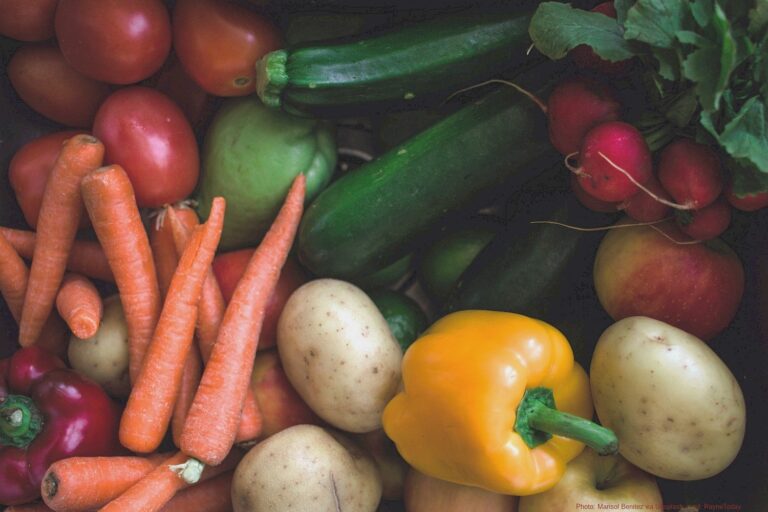Navigating Groceries in a Politically Charged Climate
By Rayne
The Intersection of Food and Politics
In today’s world, almost every aspect of our lives is intertwined with politics, including the food we eat and drink. Recent months have seen increased volatility in grocery prices and availability, making the seemingly mundane task of grocery shopping fraught with challenges.
The Grocery Shopping Experience Today
A weekly grocery run has transformed into a game of chance. Every planned meal can be derailed by a lack of supplies or unexpected price hikes. For example, common items like fresh vegetables are frequently out of stock, leaving many home cooks scrambling for alternatives.
Local Produce: A Growing Concern
While visiting a farmer’s market might offer locally sourced alternatives, the reality is that many farmers face their own challenges. Issues such as labor shortages, particularly among immigrant workers, may result in fewer local vendors at these markets, further limiting access to fresh produce.
Climate Change and Food Availability
Consistent bad weather attributed to climate change has made certain vegetables harder to find, like Napa cabbage, which has been scarce for the past two years. This not only impacts personal cooking preferences but also affects the nutritional quality of meals, especially when alternatives are of lower quality.
Economic Factors at Play
Elevated grocery prices can often be traced back to unreliable trade policies and over-reliance on fossil fuels, contributing to a cycle of inflation that disproportionately affects lower-income families. The implications of these economic factors can be dire for those already struggling to make ends meet.
Impacts on Vulnerable Communities
For families in the lowest income brackets, accessing fresh fruits and vegetables is not just a matter of choice but of feasibility. Many parents might find it increasingly difficult to provide their children with healthy food options, raising concerns about nutrition and overall well-being.
A Call for Community Solutions
This crisis raises an urgent question: How can communities come together to ensure that all families have access to the necessary resources? Initiatives aimed at reducing food waste, community gardens, and local co-ops could be vital steps toward bridging the gap.
